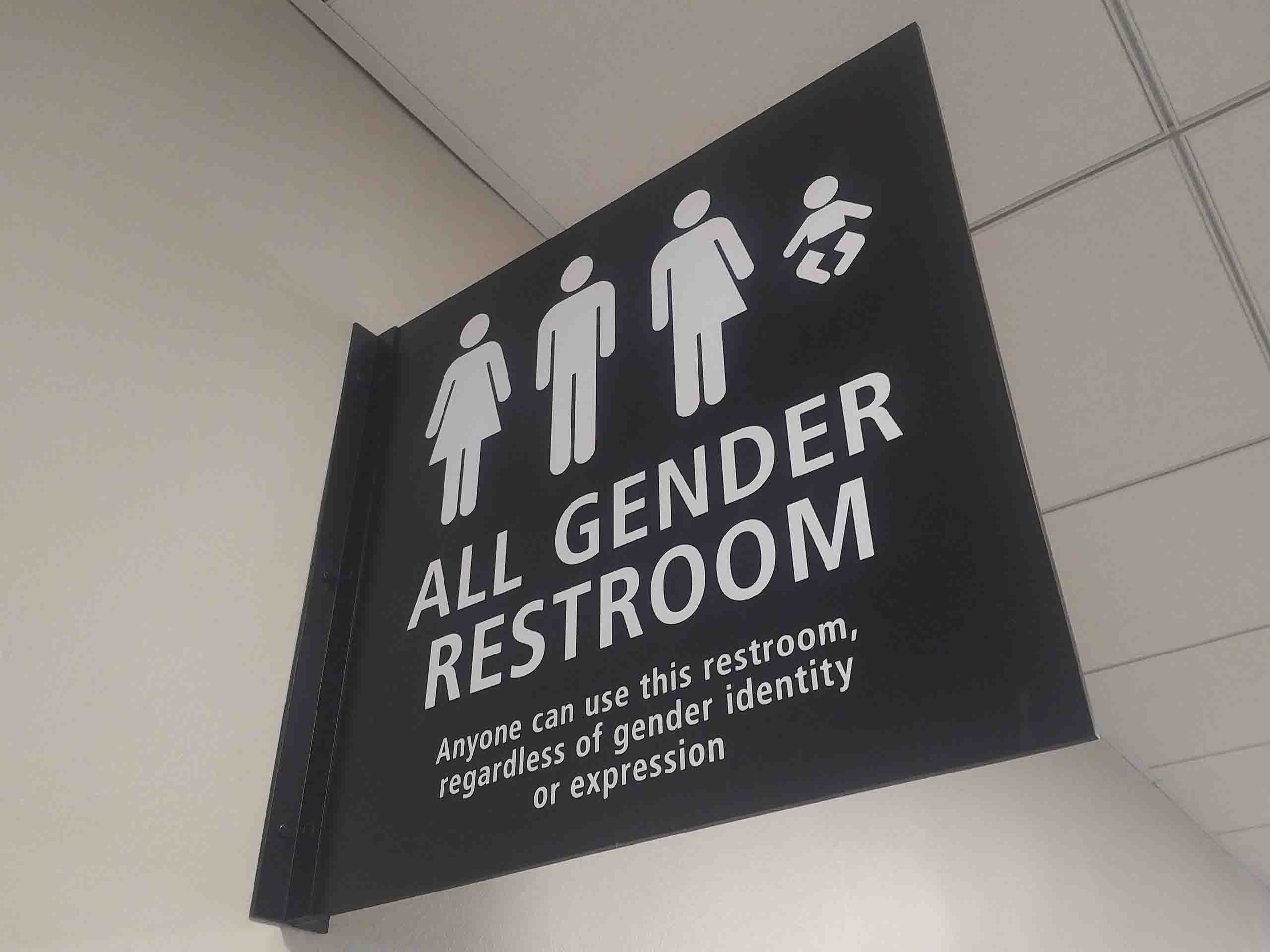
Administrators at New Haven Public Schools have affirmed their commitment to protecting transgender students’ rights to use bathrooms aligning with their gender.
Bathroom choice in schools has become a topic of national debate since President Donald Trump revoked an instruction by former President Barack Obama directing schools to allow transgender students to use bathrooms corresponding with their gender identity. On Feb. 23, the day after Trump rolled back the protections, Gov. Dannel Malloy signed an executive order that states schools must have policies that allow students access to bathrooms and locker rooms consistent with their gender identities or expressions.
New Haven Public Schools Chief Operating Officer William Clark told the News that individual schools make accommodations based on their students’ needs to create an environment of inclusion. Some schools have allowed students to use bathrooms historically reserved for staff if they do not identify as either male or female, he said. Others have also worked with their student populations in order to adjust or accommodate additional facilities within the schools, he added.
“In our experience, New Haven and its students tend to be an open and tolerant environment willing to work with a variety of ethnicities, cultures, gender, etc.,” Clark said. “We find that the schools themselves are excellent at working through these issues and finding common respectful ground that satisfies the needs and concerns through open dialogue and support.”
Alberto Cifuentes, the professional development and community outreach coordinator and co-chair at Gay, Lesbian and Straight Education Network Connecticut, said he had not heard of any trans or gender nonconforming students who have had issues with using the bathroom at NHPS schools.
However, GLSEN’s 2015 School Climate in Connecticut State Snapshot survey found that 62 percent of transgender students in the state were unable to use the school bathroom that aligned with their gender.
“This is simply unacceptable, and Connecticut schools, especially after Malloy’s latest executive order to affirm and protect trans students in schools, need to do better,” he said.
Cari Strand, the curriculum leader for High School in the Community, said transgender students’ Title IX rights make it clear that schools must protect those students’ right to use facilities corresponding with their gender identity. Schools have a legal and moral obligation not to discriminate, she said. She added that bathrooms address a biological need and that this need must be fulfilled for students to learn properly.
Several students from High School in the Community expressed concerns to the administration earlier this week, said Jeremy Cajigas, a senior at the school. Cajigas, a member of the LGBTQ community, met with school administrators on Wednesday along with a few other students to discuss bathroom options for transgender students. He said he was particularly concerned about the rights of transgender women, who might be placed in an unsafe situation if forced to use men’s bathrooms. The administration assured him the district would continue to protect and support transgender students, he said.
“It’s not like [transgender students] just chose this lifestyle, this is what they were born as, and it’s only right that they are able to feel free to use the right bathroom,” he said.
GLSEN was founded in 1990.







